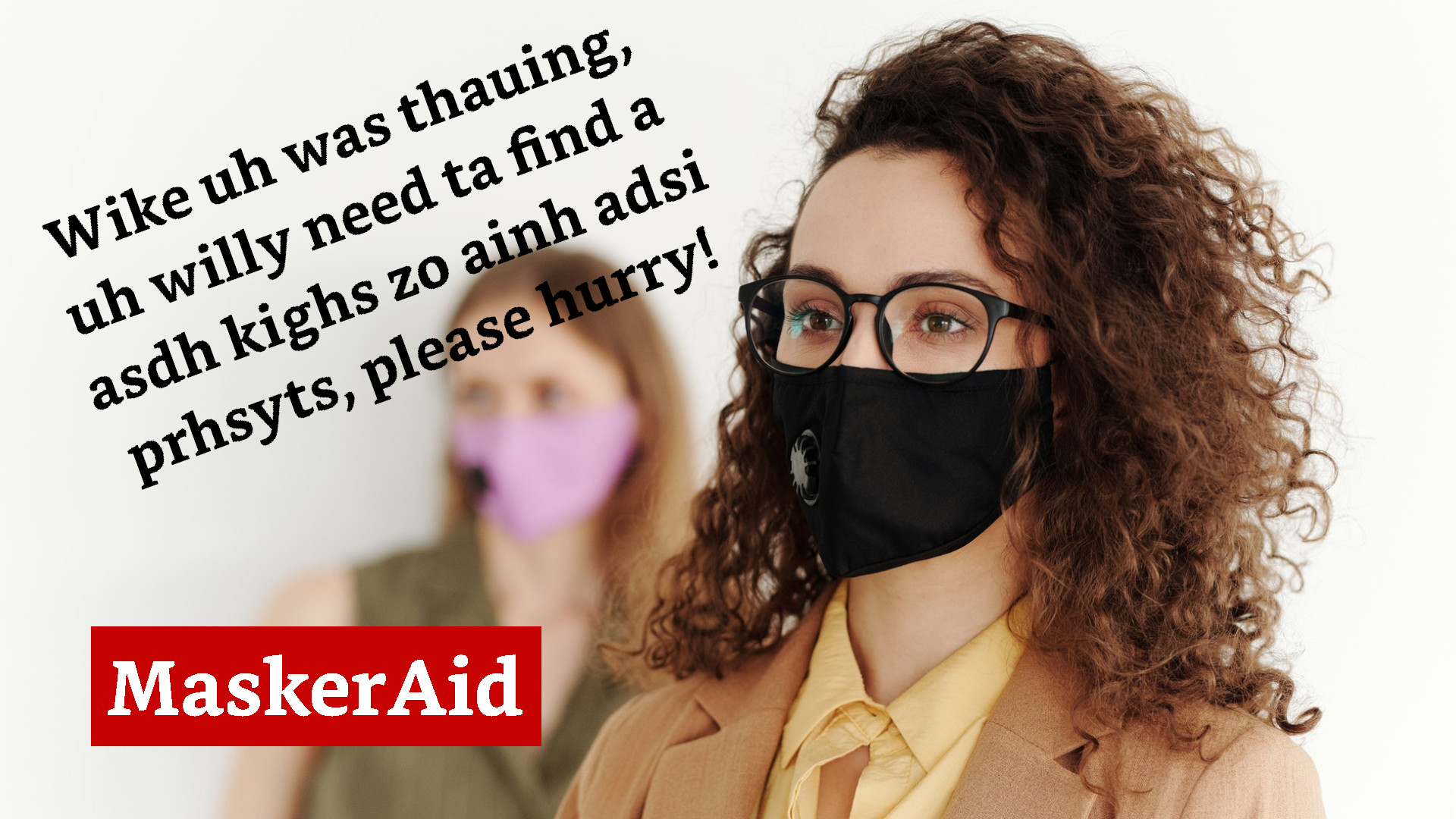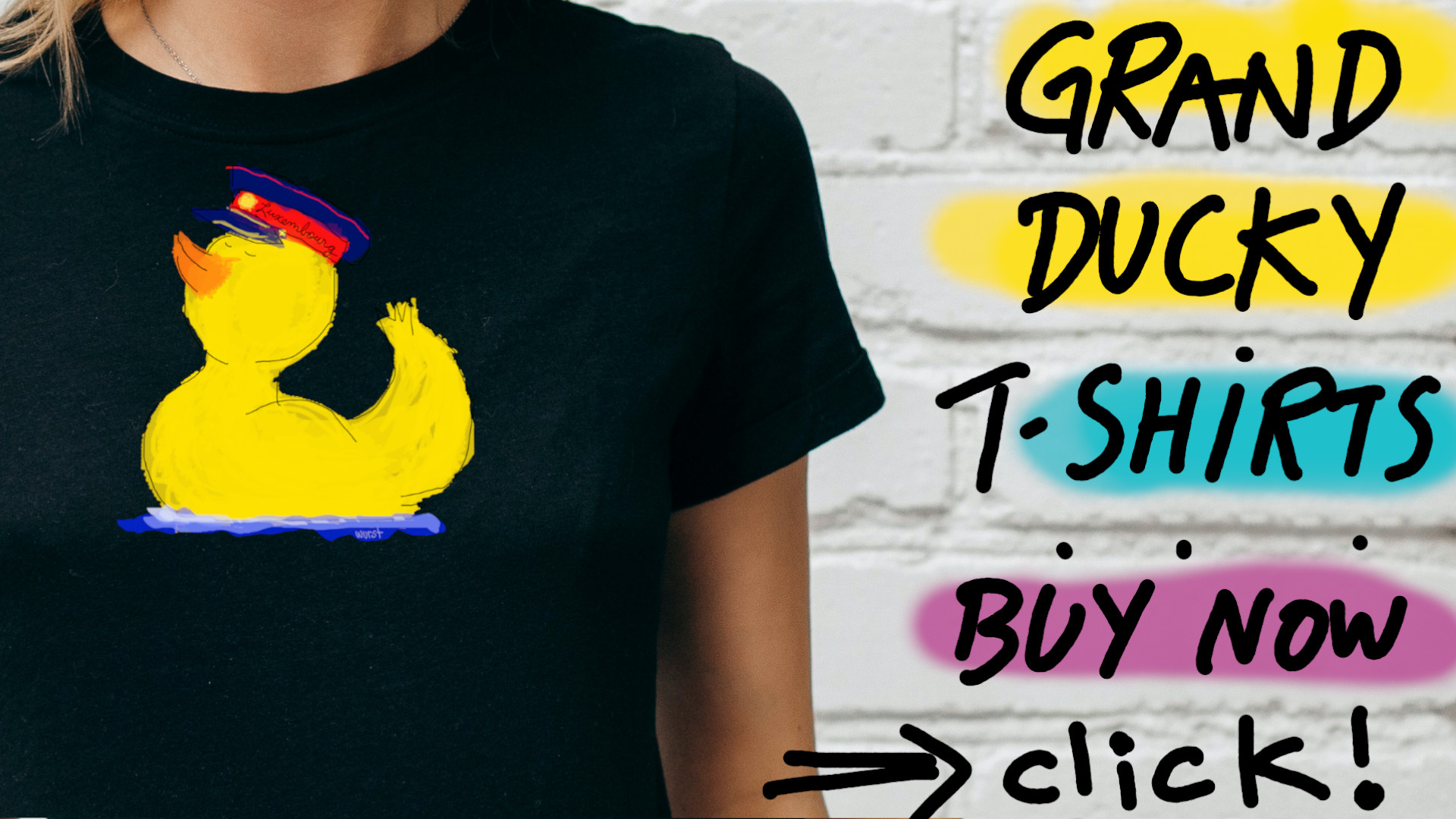 During the last 18 months or so, Luxembourg residents have been asking others to repeat themselves far more frequently than in pre-Covid times, and never before has there been so much confusion about what people are trying to say.
During the last 18 months or so, Luxembourg residents have been asking others to repeat themselves far more frequently than in pre-Covid times, and never before has there been so much confusion about what people are trying to say.
Jenny Le Bloque, CEO and founder of Secrets of Masks and Language (SOMAL S.à r.l.) has developed a program to help people interpret muffled mask speech.
“It is important that we avoid a Kenny or Beaker situation,” she said, tightening her hood around her face like the “South Park” character and breaking into high-pitched gibberish.
As such, Le Bloque, a recently relocated professor of language from Denmark, is leading a series of courses called MaskerAid to improve communication.
The course will cover everyday situations such as making supermarket queries, ordering two-not-three croissants, and dealing with parking lot attendants who can see through the lie that your ticket was stolen by a gang of Uruguayan thieves.
“A mask moves in direct relation to movements of the chin, cheeks, and lips,” Le Bloque said. “Patterns of these movements constitute a specific mask language, or ‘maskuage.’”
However, it’s vital not to oversimplify, she cautions, saying that an eye roll and rapid up and down movement of the mask does not always mean that someone is annoyed or frustrated.
“Sure, a raised middle finger combined with a reddened face will still often mean a tirade of abuse,” she said. “But it could be that a person is simply excitedly pointing with their most expressive finger to an unusual bird flying overheard.”
Le Bloque, who has invested her life savings and upwards of 500 hours of research to develop MaskerAid, says that despite restrictions being eased and the eventual disappearance of masks from public space, MaskerAid will be useful for decades to come.
Or at least we think that is what she said. We are only at week 1 – step 1: “What a wobble means and what that can do for you.”
Contributed by Lowell Stepopoulos
